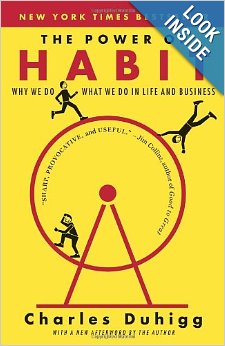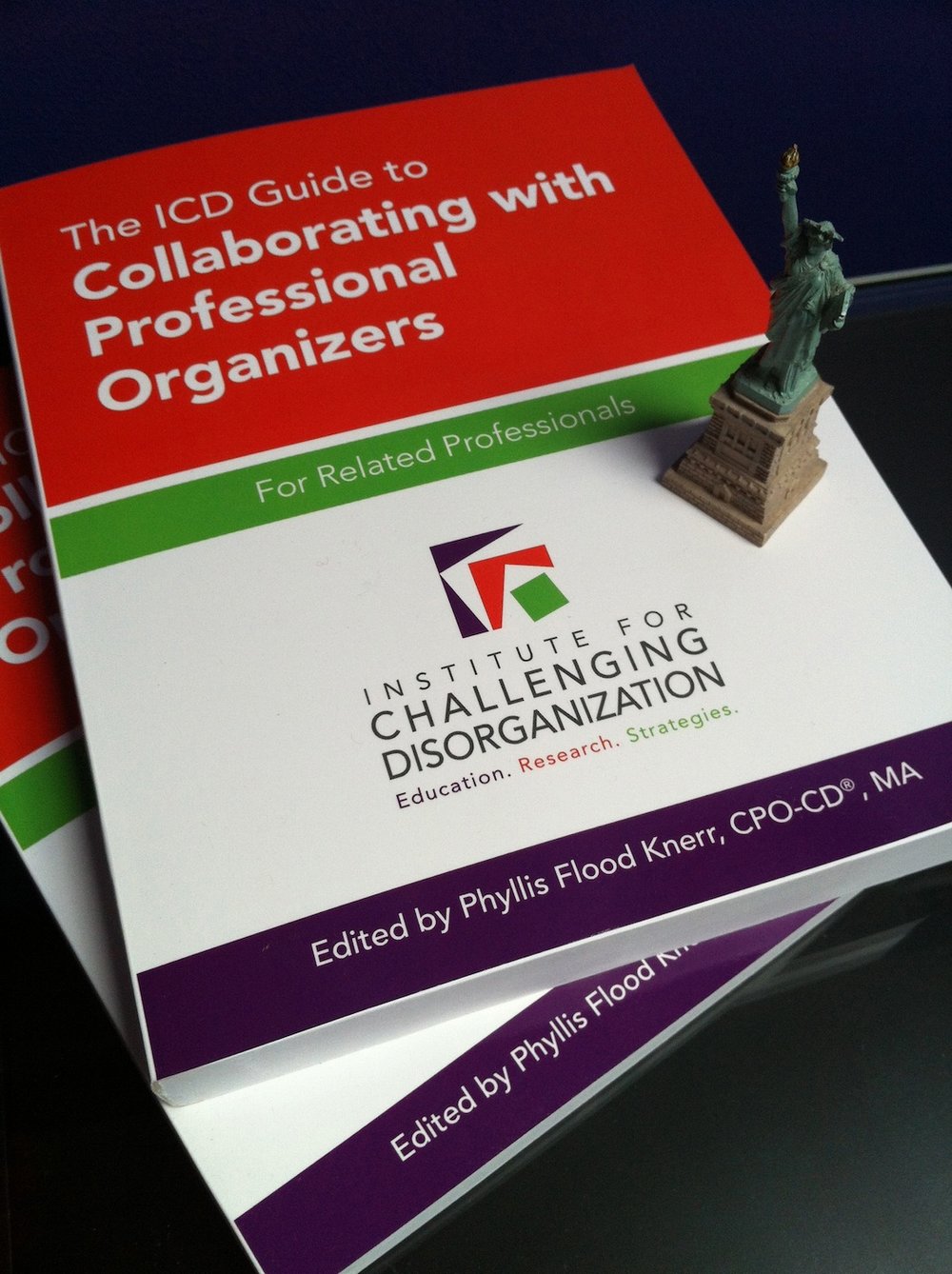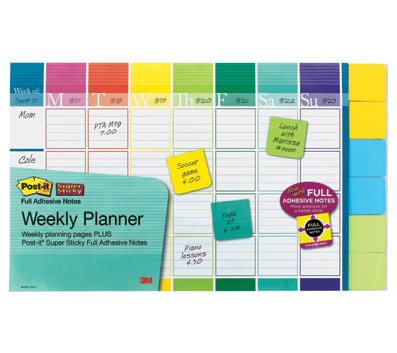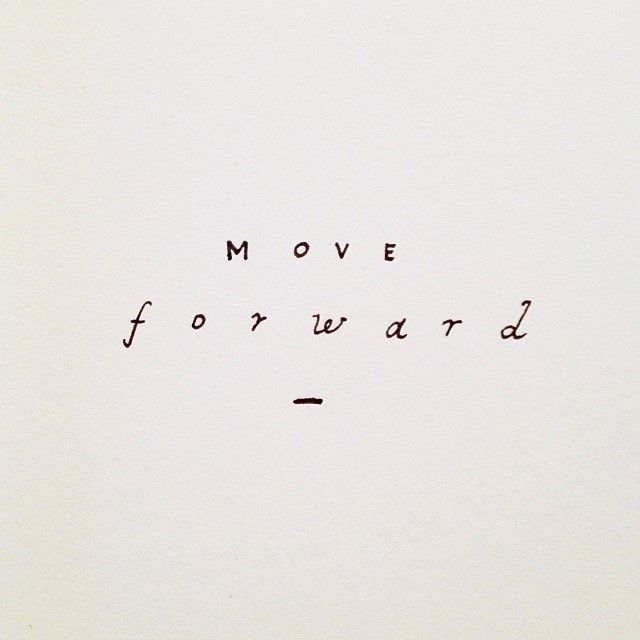 Our popular “Ask the Expert” interview series connects you with dynamic industry thought leaders. This year we’ve spoken with psychologist, Dr. Debbie Grove about change and author and minimalist, Joshua Becker about fresh starts. For March, I’m excited to have with us inspiring author, Todd Henry to share his insights about next steps.
Our popular “Ask the Expert” interview series connects you with dynamic industry thought leaders. This year we’ve spoken with psychologist, Dr. Debbie Grove about change and author and minimalist, Joshua Becker about fresh starts. For March, I’m excited to have with us inspiring author, Todd Henry to share his insights about next steps.
I recently finished reading Todd’s latest book, Die Empty, and loved it. He encourages us to live each day purposefully and with more urgency. Die Empty is a must read. I’m thrilled that Todd was available to join us. My gratitude goes to him for his thought-provoking responses. I know you’re going to enjoy his ideas about next steps. Before we begin, here’s more about him.
 Todd Henry is the founder of Accidental Creative, a consultancy that helps people and teams to be prolific, brilliant, and healthy. He teaches companies how to be creative under pressure, collaborate more effectively, and align their activities around the work that matters most. He's also the author of two books, The Accidental Creative and Die Empty, which was named as one of Amazon’s "Best Books of 2013.” You can connect with Todd on Twitter, Facebook or website.
Todd Henry is the founder of Accidental Creative, a consultancy that helps people and teams to be prolific, brilliant, and healthy. He teaches companies how to be creative under pressure, collaborate more effectively, and align their activities around the work that matters most. He's also the author of two books, The Accidental Creative and Die Empty, which was named as one of Amazon’s "Best Books of 2013.” You can connect with Todd on Twitter, Facebook or website.
Linda Samuels: As an author, speaker, consultant and coach, you inspire individuals and teams to “generate brilliant ideas” and live fulfilled lives. How can we best prepare for “next?”
Todd Henry: We all face uncertainty daily. It’s a fact of the new marketplace, where most of us are compensated for turning our thoughts into value each day. However, in the face of that uncertainty we are not helplessly at the whim of the workload. We can choose to build practices and structures to help position us to bring our best to what we do each day. Tomorrow’s brilliance is rooted in the soil of today’s activity.
Linda: What if “next” isn’t obvious?
Todd: It’s never obvious, or at least the best ideas typically aren’t. That’s why daily practice is so critical. It’s what allows you to problem find, not just problem solve. Those who see patterns, recognize opportunities, and are poised to take advantage of them when they arise are the people who win the future.
Linda: In your book, Die Empty, you talk about the importance of “making steady, critical progress each day on the projects that matter, in all areas of life.” What is a favorite strategy for moving forward?
Todd: The most important element of this is defining a through-line, or an outcome that you are committed to. It’s easy to get carried along by the work, or to allow the flow of life to cause you to drift from opportunity to opportunity or project to project, but when you have a specific through-line, or outcome that you are committed to it helps you contextualize all of your daily activities and measure whether they are advancing you toward your overall objectives. It’s amazing how defining what you are about suddenly brings clarity to your priorities.
Linda: What is your most surprising discovery about figuring out “next?”
Todd: The most surprising thing is that it’s rarely the “a-ha” that everyone seems to crave. Brilliant insights, innovations, and works of art rarely emerge in a flash of fire, but instead are a smolder over time that eventually grows into a blaze. The key is to be mindful, have practices that help you to ask better questions, and to pay attention for those little hunches, moments of insight, or seemingly irrelevant ideas that could be the foundation for something really big. In many ways, it’s learning how to listen to your inner voice even when it seems to be slightly off-topic.
Linda: What has been your biggest personal challenge around taking next steps?
Todd: I tend to have “shiny object syndrome,” meaning that I tend to bounce from exciting new project to exciting new project. As a result, I’ve had to have other people in my life to keep me focused on the results I’m seeking and follow-through on projects until they reach their intended end. Book projects are good for me, because they are a long-arc project with a dedicated end date, and they are easy to work on in “chunks” of thought, so I get to satisfy the wandering attention span while still making steady progress on a long-arc project.
Linda: Is there anything you’d like to share that I haven’t asked?
Todd: The most important thing to remember is that today matters. We have a tendency to believe the lie that tells us we’ll always have tomorrow to do today’s work. We don’t. It’s important to spend your finite resources (focus, assets, time, energy) each day in a way you’ll not regret later. Engage with urgency and diligence, because those are the foundation of hustle, and hustle is the best antidote to lifelong regret.
Todd, there are so many gems here. Some ideas that resonate with me include that next often isn’t obvious, ask better questions, listen to your inner voice, enlist the help of others so that you can do your best work, and that “today matters.” What wonderful ideas to contemplate and act on.
Please join Todd and me as we continue the conversation. We’d love to hear your ideas about next steps. What are you thinking about?











